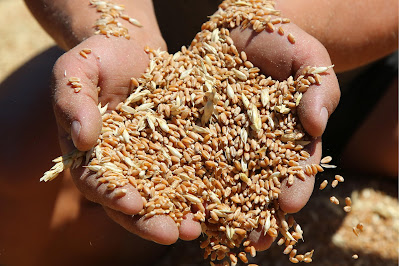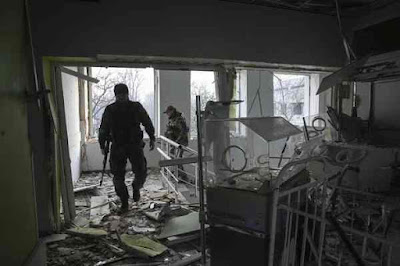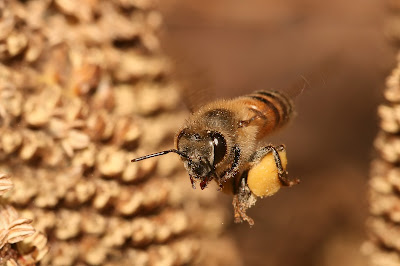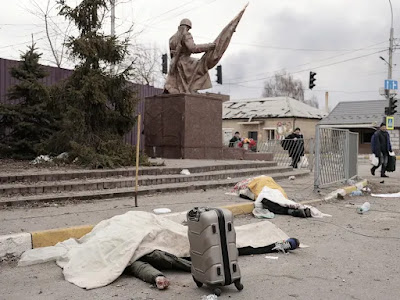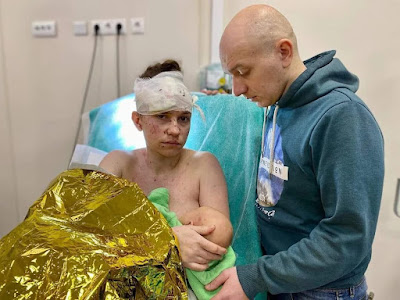by Richard Matta
He lines up his army men
sacrifices them,
with the enemy he alone creates
because he wants to play
with toy soldiers on a big stage
like a kid who wants to shoot
his BB gun, toss his cherry bombs
even the M80s
to gain everyone’s attention.
He knows the stakes are higher today
there’s narrative to control.
He instills fear in those who
would question the story he weaves.
He reminds the world
a red button, his red button
is within reach.
Keep them guessing,
on their heels, asking themselves
is this a crazy man who’d destroy the world?
And this is how he plays the game
Constructed ambiguity
he figures he has to play the big threat,
they’re thinking—long game in Ukraine
—sanctions will break Russia like the USSR
He figures they’ll try psych ops—
drones dropping rubles and letters,
pleas and podcasts in Russian
the oligarchs and their yachts
hiding on the seas with the country’s wealth
They’ll fill the airwaves with western propaganda
to twist the minds of Russian military
and those with curiosity.
But he knows all this. It’s narrative control.
He vows to protect his people
from the tyranny and pathological lies
of capitalism and democracy. And who
in their right mind will question
a boy with a BB gun and M80s
who plays chess and might blow up the board
for his legacy.
Richard Matta grew up in New York and now lives in San Diego. Some of his work is found in Ancient Paths, Dewdrop, The New Verse News, San Pedro River Review, Gyroscope, Healing Muse, and many international haiku journals.








